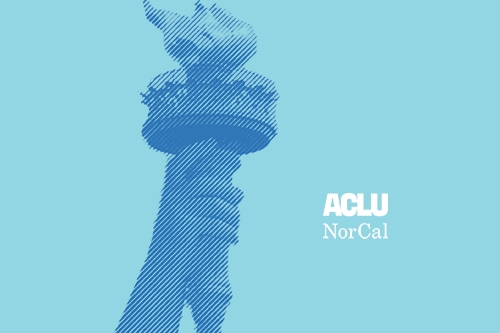Article Media

Los Angeles – The office of Los Angeles District Attorney Steve Cooley has failed to disclose public documents on the costs of prosecuting capital cases, according to a lawsuit filed today by The American Civil Liberties Union of California (ACLU of California) on behalf of the Charles Hamilton Houston Institute for Race and Justice (CHHIRJ) at Harvard Law School. The lawsuit is for public records on expenses related to homicide cases, and discretionary spending generally, by the D.A. of California's most populous – and murderous – county.
According to FBI statistics, there were about seven hundred murders and non-negligent homicides in Los Angeles County in 2009, accounting for approximately 35% of the homicides in California and nearly 5% of the homicides in the entire United States. The Los Angeles County D.A.'s office (LADA) handles the vast majority of prosecutions arising out of murders in Los Angeles County. But in response to a broad request for records showing how much the office spent on these cases, the D.A.'s office claimed that it had no such records.
"The D.A.'s position that he does not have even a single document relating to the costs of prosecuting any L.A. County homicide case in the past decade is ludicrous," said Peter Bibring, Staff Attorney for the ACLU of Southern California. "Murder trials use expert witnesses, enlarged photographs and DNA analysis of forensic evidence. Those things cost money. If no one in Steve Cooley's office is keeping track of those expenses, we need to know why."
On August 31, 2010, David Harris of CHHIRJ submitted a public records act request to the Los Angeles County District Attorney's Office for documents summarizing or listing the expenses incurred in the prosecution of homicide cases. The request also included "discretionary" spending and the cost of professional services, such as the hire of experts like psychiatrists and travel costs for some witnesses.
The Los Angeles County District Attorney's office did not produce a single document, but instead sent a one sentence response saying "Office does not have any documents or materials responsive to your request."
By law, public agencies must make public records available upon request or explain why they cannot do so. The ACLU argues that the office of Steve Cooley has violated the law by refusing to disclose records that "plainly exist, or even acknowledging their existence".
"Transparency is one of the hallmarks of a functional criminal justice system," said David Harris of Harvard Law School's independent research and policy institute CHIRRJ. "The people of Los Angeles need to learn more about where the county and state are spending their criminal justice dollars, since equitable spending is critical to eliminating racial disparities in legal outcomes and providing true public safety."
Given Los Angeles County's large share of capital cases, the lawsuit also included a request for information related to death sentences and death penalty cases. "Public records are the people's business, and in L.A. County that includes a staggering number of death sentences," said James Clark, ACLU of Southern California's Death Penalty Repeal Organizer. "L.A. residents have a right to see the full picture on how much the death penalty costs them. We already know that we could save $1 billion in five years by replacing the death penalty in California. How much of those savings correspond to L.A.?"
Prosecutors from the LADA obtained sixty-two death sentences between 2000 and 2009. In 2009, death sentences obtained by that same office accounted for 45% of the total death sentences in California, more than the entire state of Texas.
"California's death penalty system is so broken that even the former warden of San Quentin says it should be scrapped and replaced with life in prison with no chance of parole," added Clark. "The question is: How much longer will L.A. residents want to foot the bill for a hollow promise?"
A copy of the legal brief explaining the need for full disclosure and accompanying exhibits and declarations from experts and interested parties will be available online at the ACLU of Northern California's website and the website for Harvard Law School's Charles Hamilton Houston Institute for Race and Justice.
